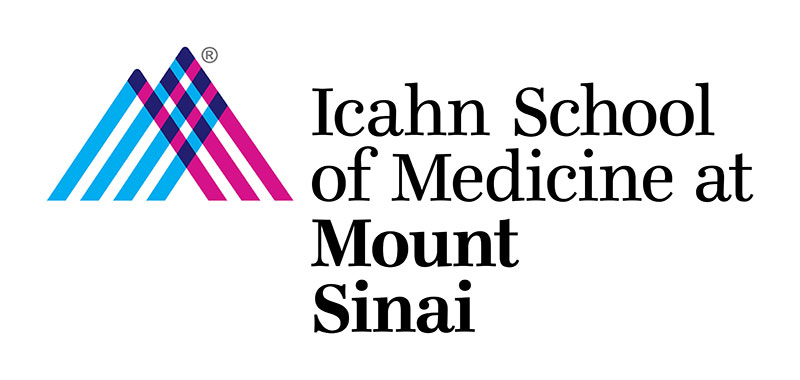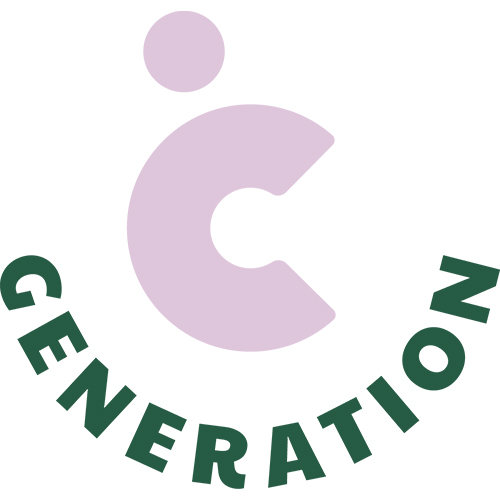
The Generation C Study
This study aimed to understand the effects of COVID-19 infection during pregnancy on pregnancy and birth outcomes. We are interested in understanding the impact COVID-19 during pregnancy might have on birthing people and their babies. We called the study ‘Generation C’ because it is looking at the generation of children born during the COVID-19 pandemic. We are now following up the children born into this cohort to better understand how SARS-CoV-2 infection and vaccination against COVID-19 during pregnancy impacts these children longer term.
To test for COVID-19 infection and vaccination during pregnancy, we used blood samples drawn as part of routine care in all pregnant participants. Samples were tested for SARS-CoV-2, the virus that causes COVID-19, early and late in pregnancy and at delivery. The study also examines the patients’ electronic medical records, obtaining information on pregnancy and child outcomes.
We recruited a cohort of ~2,700 pregnant patients at The Mount Sinai Hospital and Mount Sinai West in New York City. Recruitment started in April 2020 and ended on February 24, 2022.
Jill Schechter with Gen C baby Jonah
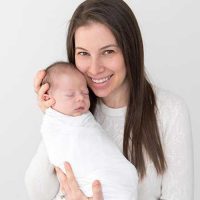

What makes Generation C unique?
Generation C is unique because we are learning and collecting information in real time. The study is constantly evolving, as the pandemic evolves. For example, as soon as the COVID-19 vaccines came out, we started studying the effects of the vaccines on pregnancy and birth outcomes.
We make use of scientific expertise from many different medical disciplines. We are a team of obstetricians, pediatricians, psychiatrists, immunologists, epidemiologists, pathologists, and population health scientists, all studying the different ways COVID-19 can affect pregnancy and child outcomes.
What did participants have to do as part of Generation C?
Will participants be able to know their antibody status through participating in Generation C?
Did participants have to have been exposed to COVID-19 to participate?
Why are these findings significant?
Where will the results of the study be published?
What has the study found to date?
The Gen C Team
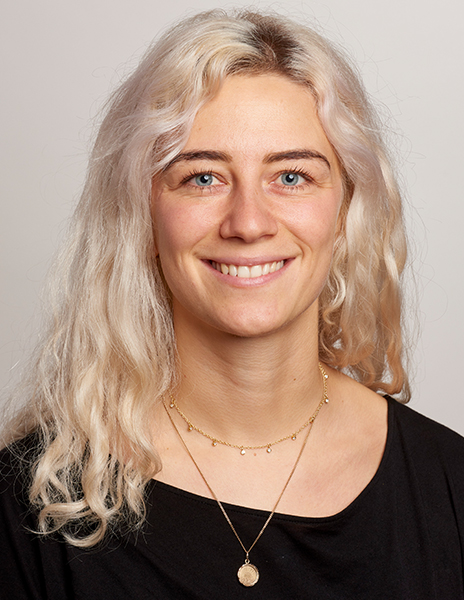
Assistant Professor in the Department of Psychiatry
anna.rommel@mssm.edu
Anna’s work focuses on common exposures during pregnancy, including infections, medications and pollutants, and their link to the development of negative pregnancy and birth outcomes and suboptimal neurodevelopment in the child. She is particularly interested in exploring the extent to which COVID-19 and the ongoing pandemic disproportionately impact pregnant women from underserved communities and their children.
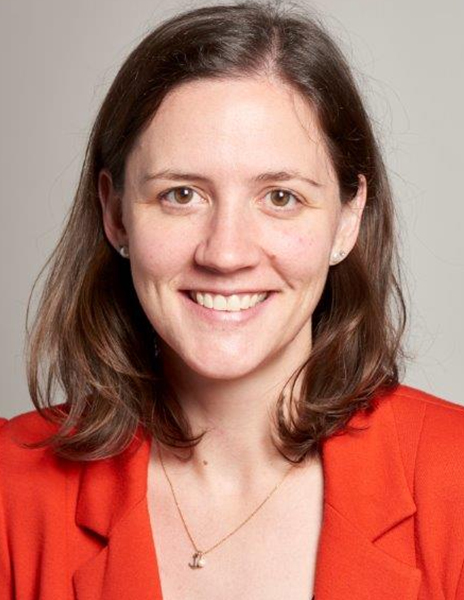
Molly Lieber, MPH, LMSW
Research Operations Manager
molly.lieber@mssm.edu
Formerly on the project, Molly’s research interests lie in public health and specifically in access and acceptance of healthcare in marginalized communities.
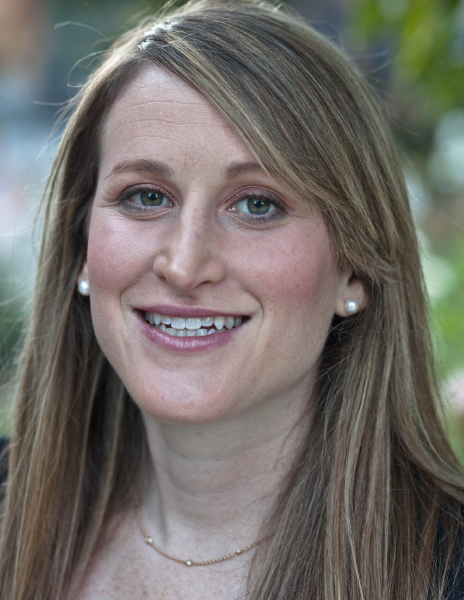
Assistant Professor and Co-Investigator
whitney.lieb@mssm.edu
Whitney is an Assistant Professor in the Departments of Obstetrics, Gynecology, and Reproductive Science, Population Health Science and Policy & Medical Education. She is a co-investigator as well as a participant in the Generation C Study.
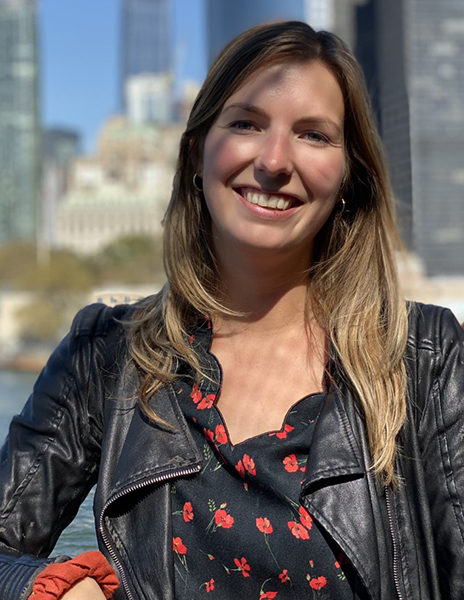
Frederieke Gigase
Research Associate
frederieke.gigase@mssm.edu
Frederieke, formerly on the project, is a Dutch scientist who completed her masters in Neuroscience and Clinical Psychology in the Netherlands before moving to New York City to carry out research in the lab of Dr Lot de Witte. She is fascinated by the immune system and how it is involved in mental health and during pregnancy. She is currently pursuing a PhD investigating the effects of inflammation during pregnancy.
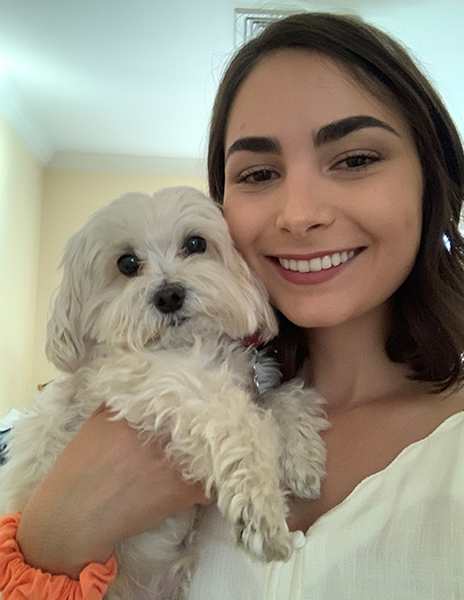
Erona Ibroci, MPH
Clinical Research Coordinator
erona.ibroci@mssm.edu
Formerly on the project, Erona received a Bachelor of Science in Immunology and Infectious Disease from the Pennsylvania State University in 2017 and a Master of Public Health in Epidemiology from the Icahn School of Medicine Graduate Program in 2020. She has worked on a variety of research projects centering around maternal and child health, environmental exposures, and mental health during pregnancy.
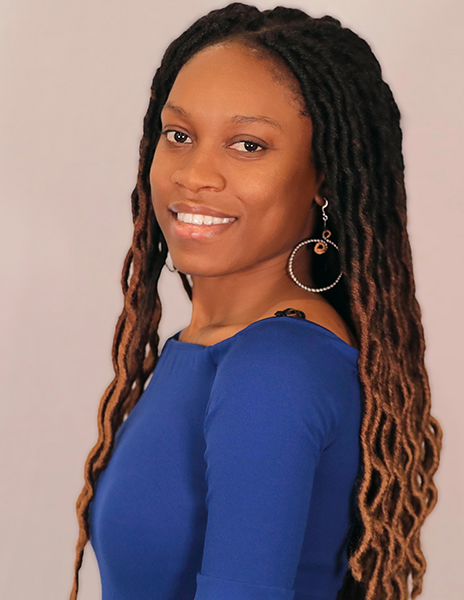
Jezelle Lynch, MPH
Clinical Research Coordinator
jezelle.lynch@mssm.edu
Jezelle, formerly on the project, is a pre-health student at Brooklyn College. She received a Bachelor of Health Science and Psychology from Brooklyn College and a Master of Public Health from the Icahn School of Medicine at Mount Sinai. She currently works as a research coordinator at the Department of Population Health Science and Policy at Mount Sinai. Her research interests are maternal and child health, health disparities, and social determinants of health.
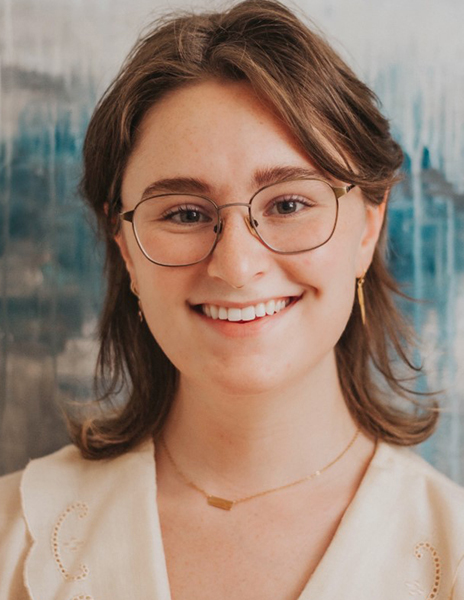
Sophie Ohrn
Clinical Research Coordinator
sophie.ohrn@mssm.edu
Sophie, formerly on the project, comes to the Generation C team with a background in biomedical research and a strong interest in maternal health and the placenta. She graduated from Columbia University in 2019 with a degree in biochemistry, and after working as a research assistant at the New York Blood Center she began on the Generation C team in July 2020 and has helped the study to grow and evolve through the COVID-19 pandemic.
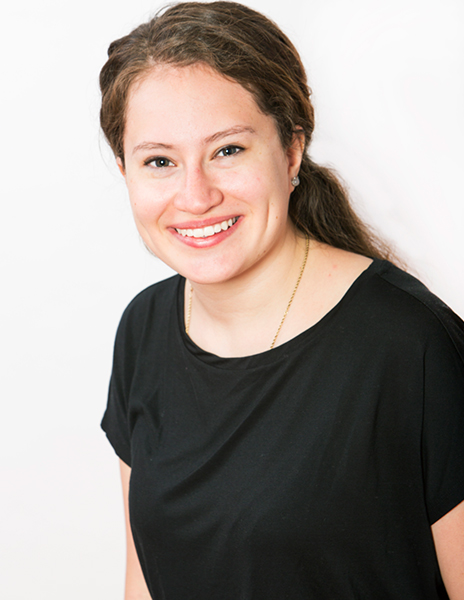
Clinical Research Coordinator
juliana.camachocastro@mssm.edu
Juliana graduated from Wesleyan University in 2019 with a degree in Psychology. She has a strong interest in women’s mental health and eventually hopes to pursue a degree in Clinical Psychology with a focus on reproductive mental health.
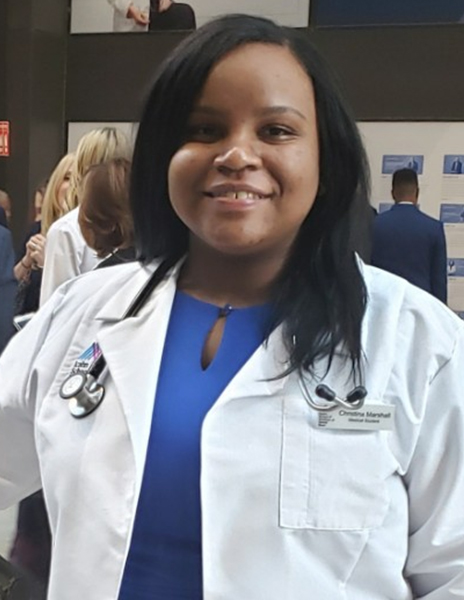
Christina Marshall
Clinical Research Coordinator
Christina.marshall@icahn.mssm.edu
Formerly on the project, Christina Marshall is a student at the Icahn School of Medicine at Mount Sinai. She is pursuing an MD degree and will be graduating in 2024. Her primary research interests are in immunology, infectious diseases, and women’s health.
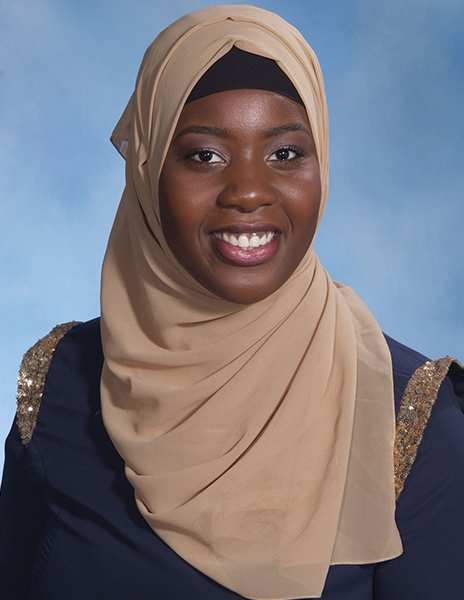
Farida Mutawakil
Clinical Research Coordinator
Farida.mutawakil@mssm.edu
Formerly on the project, Farida graduated from CUNY-Hunter College with a Bachelor of Science in Community Health. She received her MPH (Master’s in Public Health) from the CUNY Graduate School of Public Health and Health Policy. She is very interested in maternal health and hopes to become an OB/GYN doctor in the future, working towards eliminating maternal health disparities.
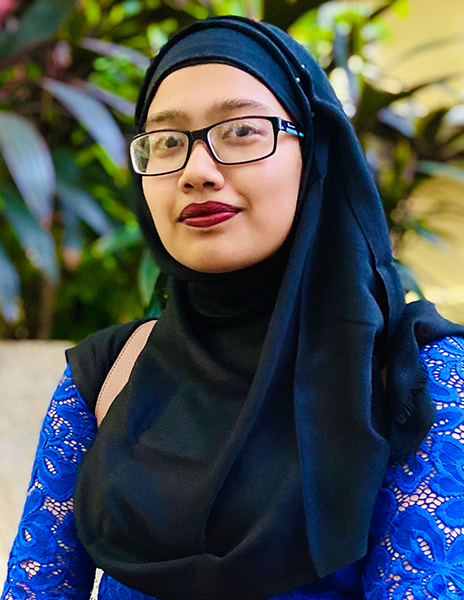
Rushna Tubassum
Clinical Research Coordinator
Rushna.tubassum@mssm.edu
Rushna graduated from Hunter College, as a Yalow Honors Scholar, with a B.A in Human Biology and is currently pursuing a Master’s in Public Health at the CUNY Graduate School of Public Health and Health Policy. She is very interested in women’s mental health and understanding the links between public health and medicine from an interdisciplinary perspective, with a focus on underserved communities.
